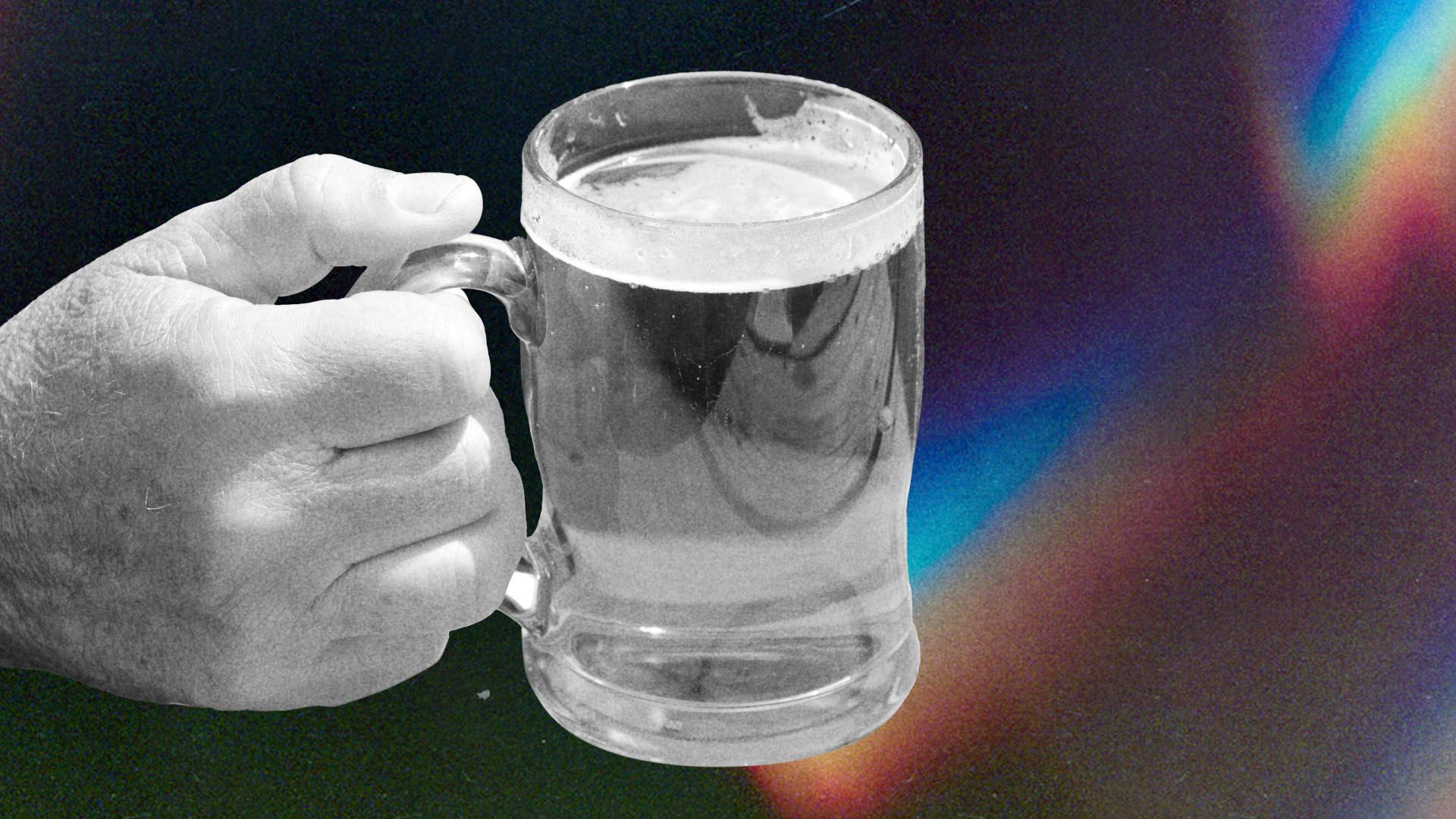

Drugs and alcohol
Humans have been consuming drugs and alcohol for thousands of years. That's no wild guess either – the oldest archaeological evidence of opium use dates back 5,000 years, and the first archaeological evidence of alcohol use is even older.
People of cultures around the world have at different times consumed drugs and alcohol for at least 9,000 years. Yet drugs and alcohol remain a controversial topic today. Why is that? The key is to understand how drugs affect the body and mind.
What are drugs?
A drug, in simple terms, is a substance that alters your perception and changes how the body functions. Some drugs may be classified as medicines, such as acetaminophen (paracetamol). That's the active ingredient in headache or mild pain relief medication.
Many drugs are legally available in most locations. For instance, caffeine, nicotine and alcohol are the most commonly consumed drugs globally and are almost universally used for social fun and enjoyment (recreational use).
Other drugs are often referred to as narcotics or controlled substances. They have varying legal status and these too are often consumed for recreational use.
Other commonly used drugs include:
- Marijuana (cannabis)
- Cocaine
- Heroin
- Methamphetamine (speed)
- Crystal methamphetamine (ice)
- Ketamine
- LSD (acid)
- Amyl nitrate
- Ecstasy (MDMA)
- GHB
- Fentanyl
- Opiates and derivatives (oxycodone, codeine, etc.)
- Psilocybin/peyote (magic mushrooms)
- Nitrous oxide
- Analgesics (acetaminophen/paracetamol, aspirin, ibuprofen)
No two people respond in the exactly the same to taking a drug. Even so, consuming any substance always comes with some risk. The US Centers for Disease Control and Prevention's guide to drugs and their effects, for more detail on the effects of drug consumption and how to minimise harm.
What is drug abuse?
Around 275 million people are estimated to have used drugs in the past year. While for many people that does not result in long-term harm, excessive use can lead to addiction or cause mental or physical harm.
The difference between drug use and abuse can often be blurry. It's crossed when use of the substance begins to affect the user's quality of life and the lives of those around them – particularly when they start feeling that the drug controls them, rather than them having the control over the drug. This might take the form of impaired judgment, strained relationships, neglected responsibilities – and often consequences for mental and physical health.
Remember, drug abuse is not limited to illegal or controlled substances. Prescription medication and alcohol abuse can also be problems.
What are the signs of drug and alcohol abuse?
Drug and alcohol abuse can show up in different ways. If someone finds it hard to stop using substances – even if they desperately want to stop – they might be dealing with alcohol or drug addiction. If you're worried about yourself or someone else, there are some common signs to look out for, like:
- You feel sick or uncomfortable when not using drugs, or you need more of the drug to get the same effect.
- You experience physical withdrawal symptoms when you try to stop using. These vary from drug to drug.
- Without drugs or alcohol, you struggle to feel 'normal' or relaxed.
- You've withdrawn from friends and family, or have problems with relationships at school, work, or social situations. This may have happened because of how you behaved while using drugs and alcohol, or because you need more to handle situations.
- You do reckless things, like driving under the influence.
- Your drug and alcohol use is leading to financial problems.
- You experience sharp mood swings, whether it's anxiety, anger, or depression, either during, after, or from not using drugs and alcohol.
- You unexpectedly gain or lose weight.
- In the most severe cases, you end up in hospital, experiencing an overdose, lose touch with reality – or dead.
Getting alcohol abuse and drug addiction help
The first step towards getting help for drug and alcohol abuse is to acknowledge that it’s a problem. If things reach a point where drug us is taking a toll on everyday life, consider talking it out with a trusted friend or family member.
In many cases, drug and alcohol use itself is a sign that something else is going on.
It may feel tough, awkward, or embarrassing, but once you get things off your chest you may very well end up surprised at how supportive people are.
A doctor can be a good starting point – good medical professionals look on substance abuse as a public health issue. A GP or family doctor will listen without judgement and advise you on how to get back on track.
The same can be said if you’re worried about someone you know getting drunk or high. It's possible that something else is behind that behaviour. For instance, many people living with depression and/or anxiety use drugs and alcohol to 'self-medicate' in unhealthy ways.
Consider practicing having a talk using Movember Conversations. It uses what’s called the ALEC method to build your skills and confidence in navigating the chat. Your job is not to judge, blame or accuse – you're there to listen, show genuine concern, and show them that you've got their back and that you want them to get support.
Having said that, let's be realistic: a conversation about drug and alcohol problems (whether yours or someone else's) can be difficult. For many different reasons (you feel embarrassed, someone won't acknowledge there's a problem, it's not the right environment), talking directly with someone might not be possible. Sometimes, it's better to talk it out with a professional. Check out your local helplines and services if you need to talk to someone about your worries and help you feel like your old self.